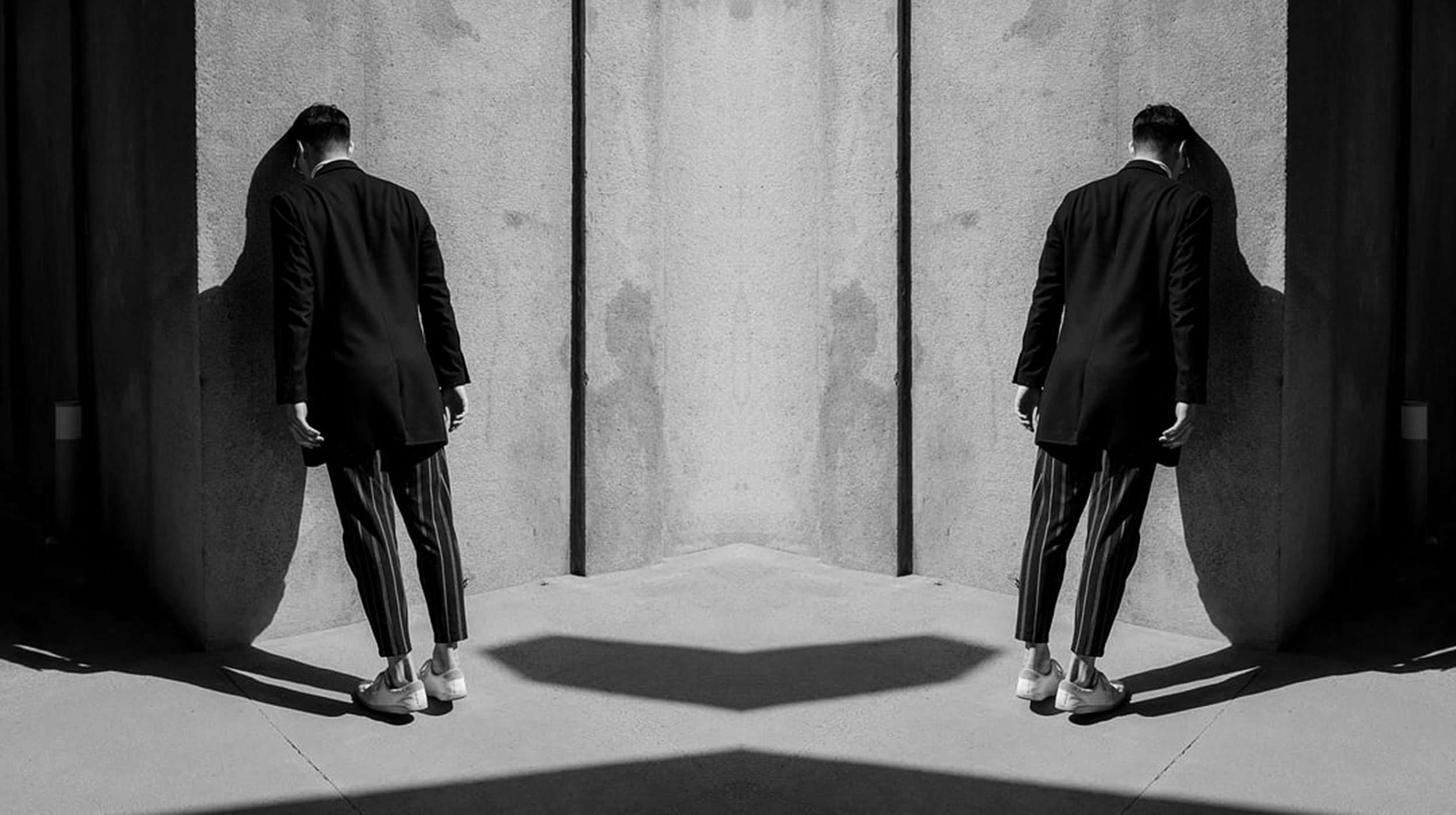BJ MILLER: Let's talk about grief for a minute. It's an incredibly powerful and important subject that gets short shrift. We don't know what to do with grief. It kind of smells like depression, all sorts of things. So let's talk about it for a second. If I think there's one thing that we can take away from the fact that we get sick, the fact that we die, the fact that we are vulnerable, And looking at all the pain in the world right now-- I don't know what your politics are. It doesn't matter. I don't care. But we are aware that the world is in pain in all sorts of ways. I don't think that's a shocking statement. So how to metabolize all of that, how to process all that? One way is to shrink your world view and try to ignore all that stuff so life stays manageable. I don't recommend that path.
That's sort of the normal path. The slightly harder path, but in the long run, way easier path, would be for us to develop the skill of grieving. Maybe in the modern consciousness, since the 1960s, Elisabeth Kubler-Ross gave us the stages of grief, the "Five Stages of Grief." But those have been debunked as a strict science. We don't progress through our grief and in a linear way like this. And people have very different experiences of grief. She gave us one lens for it. But what she really did for us was she opened up the subject and made it a lot more interesting and nuanced and layered. And she normalized it for us. And so let's not take any of that away from her. And what is true about grief is it is the surreal is real.
It's when the world, the contours of the world all of a sudden can look different. We can feel out of our body. And you start realizing that the way we experience daily life as human beings is predicated on a bunch of assumptions. And things have to be in their certain place to be recognizable, so we can know what's in, what's out, and we can navigate the planet, and we can know where our safety is, and where the harms are. But that's a construction. And sometimes, if someone dies or something happens or you lose something or someone who's very important in your fabric, you rip that piece out, and then the whole thing kind of collapses. It's like the world melts. I don't know how else to put it. And It can feel crazy-making. If no one's supporting you through this or no one has normalized this, has made it OK, you will feel something is wrong with you. And I guess the point we're trying to make here is, "No, there is nothing wrong with you."
This is just how intricate and exquisite life is as a sentient human being, and how the tendrils of our relationships and the things we love and care about and rely upon-- we're so dependent on these things just to get through the daily life. Or honestly, in modern psychiatry, if you're grieving, if you're sad for more than two weeks that you lost someone, then we pathologize that: We call that depression. That's not depression. That's grief. Grief takes months and years to wind its way through us. So I just want to sort of sound the call. Grief is real. Give it time. What we're clear on now-- so in cultures, we've lost a lot of ritual-- so hanging crepe or wearing black for six months or for a year. Older cultures, perhaps wiser cultures, had these traditions because they knew you were going to be in an altered state not for a week or two, but for months or maybe even years.
And as a society, that was honored. That was protected. You didn't demand so much from someone in their grief. You let them find their way. And in a sense, they have to kind of re-equilibrate and re-establish a world view where that loss has been internalized, and the contours of daily life had been regained, and the mourning process ends, and you can come through it. If you don't roll with it, it will roll with you one way or another. Grief will turn into just unabated anger or bitterness or shut down-ness if you don't let it move its way through you. So I would counsel people to let it come. Let it go, too. But that's going to take a long, long time. And I would say, to usher it in, just remember, it's deeply, deeply entwined with love.
If you don't love, If you don't care about someone, you don't care to lose them. The fact that you grieve is a testimony to your love. And make that link in yourself, making that sort of conceptual link, I think, helps us own our grief rather than kind of run away from it.





